Knowledgebase
Kingshay's Knowledgebase - Grazing
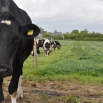
Each year as the weather gets warmer, somatic cell counts increase, making mastitis in summer an area for focus. Some pasture conditions can lead to high levels of expos...
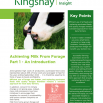
Amid general high costs of production, purchased feed costs represented about 26% of total costs and averaged 12.7ppl for the year ending September 2023 - it is therefo...
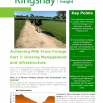
This is the third publication in our ‘Achieving Milk from Forage Series’. It is designed in a workbook format, so that it can be used as a quick guide to highlight an...
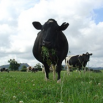
Gases such as methane and carbon dioxide are produced as part of the normal process of digestion in cattle. These gases are usually discharged by eructation (belching). I...
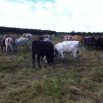
Deferred grazing is an alternative form of out wintering, which can both significantly reduce your winter feed costs and also minimise the need for winter housing your ...
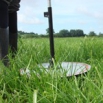
Grazing well is the number one way to improve margins at a time when milk price is low. This needs strategy and planning in advance, and constant adjusting to suit ground...
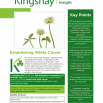
For more than three decades, Kingshay has dedicated its efforts to highlighting the significance of clover in grass leys. Now, amidst escalating fertiliser costs, pressur...
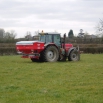
Calibrating your fertiliser spreader is an essential task to optimise forage and crop yields and maximise the benefit from the cost of fertilisers. As fertiliser produc...
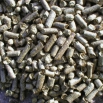
To improve feed efficiency at grass, fibre supplementation should be considered.
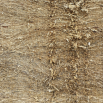
Balancing diets is not just about ensuring you provide the correct energy, protein, starch, etc. Minerals are essential for health, fertility and production. With forage ...
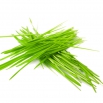
Fresh grass analysis is essential for formulating a balanced ration when livestock are at grass, to predict silage quality before cutting and to inform decisions on when ...
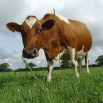
Underperforming grass swards can occur for a number of reasons, such as inadequate crop nutrition, soil structure issues, weed infestation or plant diseases caused by pat...
